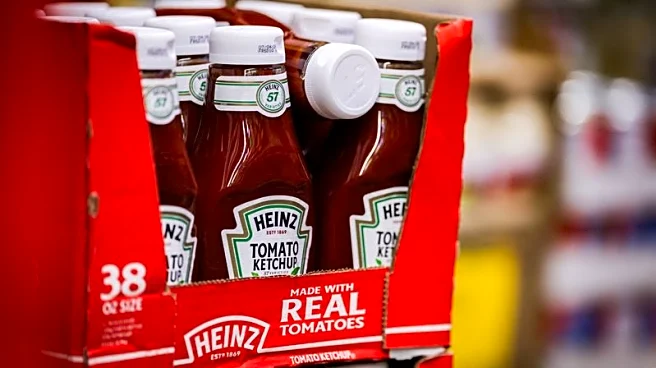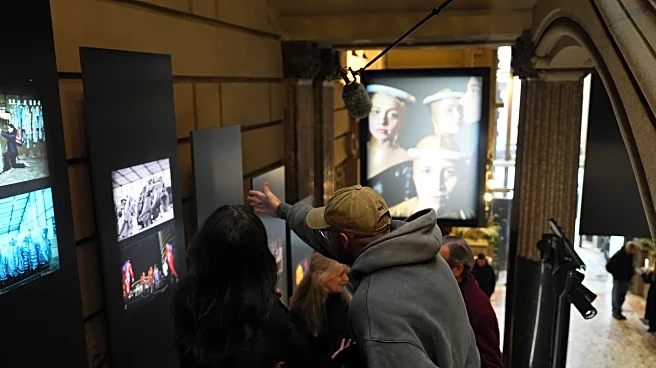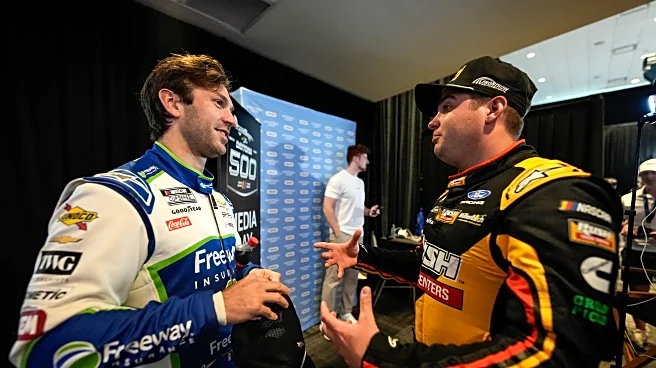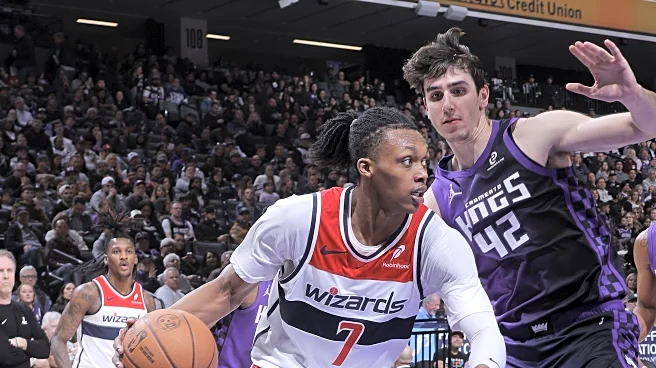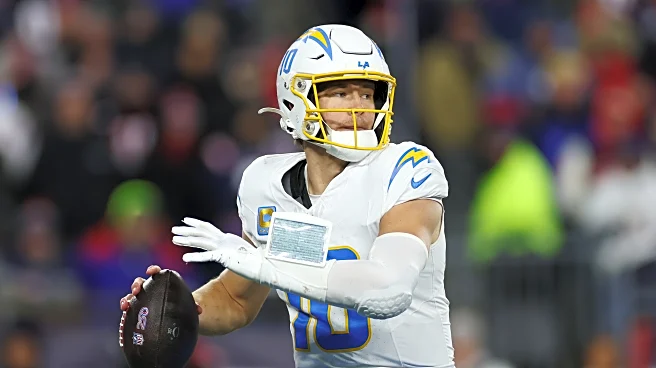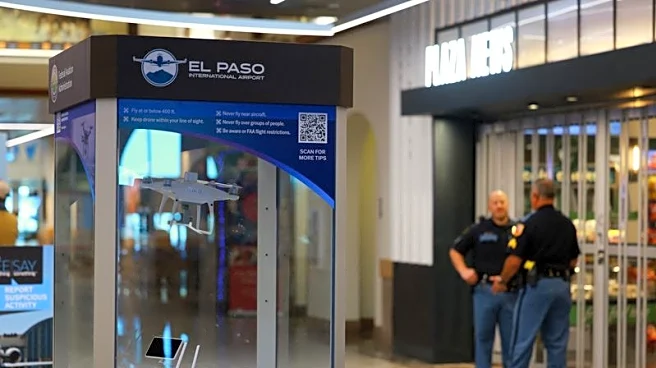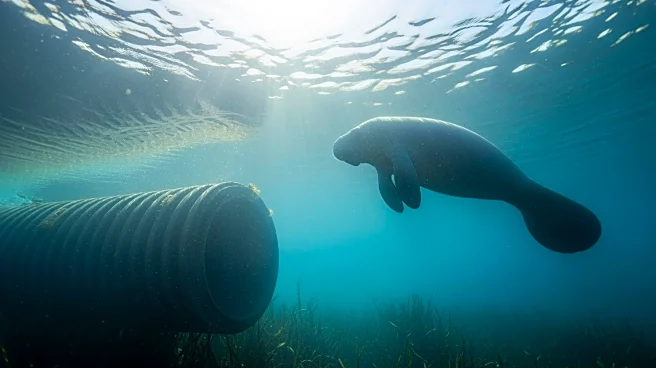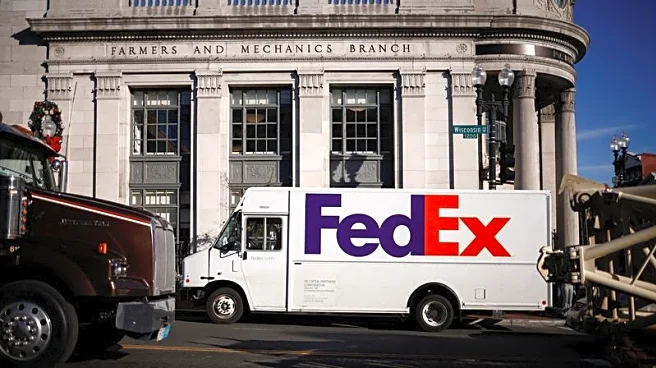What's Happening?
Anthony Frias II, a UCLA tailback, has faced numerous challenges throughout his football career, including being buried on the depth chart and enduring transfer portal uncertainty. Despite these setbacks, Frias has persevered, driven by his religious
faith and support from his father, who also serves as his therapist and best friend. Frias's journey began at Modesto Junior College, where he quickly rose to prominence, leading all California junior college players with 17 rushing touchdowns in 2021. This success earned him a scholarship offer at Kansas State, where he redshirted his first season and played mostly on special teams. After entering the transfer portal, Frias faced months of uncertainty before receiving an offer from UCLA, where he has recently made significant contributions to the team's offensive game plan.
Why It's Important?
Frias's story is a testament to resilience and determination, highlighting the challenges faced by athletes who are not initially recognized for their potential. His journey underscores the importance of perseverance and the impact of familial support in overcoming adversity. Frias's success at UCLA not only serves as an inspiration to aspiring athletes but also demonstrates the potential for individuals to achieve their dreams despite initial setbacks. His contributions to the team have been pivotal, showcasing his ability to make critical, impact plays that can change the course of a game. This narrative is significant in the broader context of sports, where stories of overcoming obstacles resonate with audiences and inspire future generations.
What's Next?
As Frias continues his career at UCLA, he is likely to play an increasingly important role in the team's offensive strategy. With fellow running backs sidelined by injuries, Frias has the opportunity to further prove his capabilities and solidify his position as a key player. His recent performances suggest that he will continue to be a valuable asset to the team, potentially leading to more opportunities and recognition. The support from his family and coaching staff will be crucial as he navigates the remainder of his college career, with the potential for future professional opportunities if he maintains his current trajectory.
Beyond the Headlines
Frias's journey highlights the broader issues of athlete development and the challenges faced by those who do not fit the traditional mold of college prospects. His story raises questions about the recruitment process and the criteria used to evaluate potential talent. Additionally, it underscores the role of mental resilience and the importance of support systems in achieving success. Frias's experience may prompt discussions about how colleges and sports organizations can better support athletes who face similar challenges, ensuring that talent is recognized and nurtured regardless of initial perceptions.




